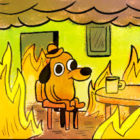
Apr 17, 2017
Read my Open Letter to Mr John Bendel here. For today’s post, we are going to continue to analyze the saga of the Asbury Park Press editorial battle regarding EMS in New Jersey. The EMS Council of New Jersey has sounded off. Last week on April 10th, the EMSCNJ’s president, one Mr. Joseph G Walsh, wrote a letter of his own in order to, as he puts it, “correct several points.” So let’s fact check some of Mr. Walsh’s statements, and dig deeper into what the EMSCNJ has said in the past. “Paid or volunteer, every New Jersey EMT must pass the same certification exam. Volunteers conduct monthly drills, and education and skills sessions to stay current. The misleading editorial might have panicked some readers into falsely thinking their local volunteer squads are not staffed with properly trained responders.” It is true, indeed, that every EMT must pass the same certification exam. So what? I would dare to say that the ability to study and regurgitate information from a textbook is not the be-all-end-all in evaluating one’s effectiveness as an EMT. I have worked with great EMTs, and I have worked with people who could not be trusted to work on a crew of two because they lacked the ability that they needed to take the knowledge in their head and apply it in a real-life practical setting. They all had one thing in common though, they passed the same test. Then there is the other statement that Mr. Walsh makes here about proper staffing. While all EMTs take the same test, that fact alone does not mean that every person operating on a volunteer ambulance in New Jersey is a certified EMT. In actuality, many responders might just be certified at a lesser level. How do I know this? Mr. Walsh tells us. “Every one of our member squads is required to respond to calls with at least one EMT who remains with the patient. On many calls, two or more EMTs respond. The EMS Council of New Jersey (EMSCNJ) is unaware of any squad — member or nonmember — answering calls without such trained responders.” Currently, when a paid or career ambulance...

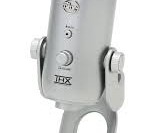
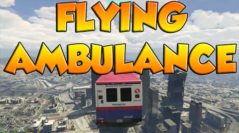

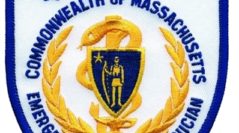

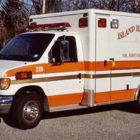

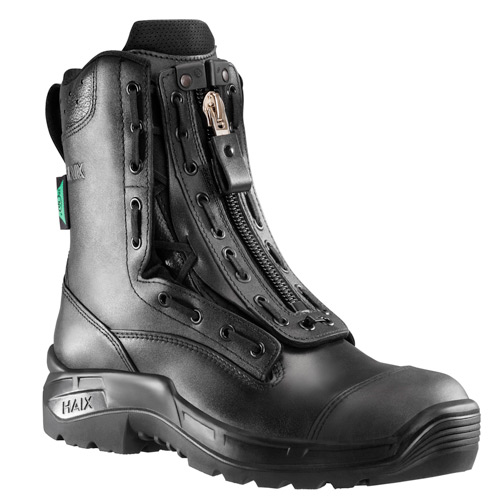
Recent Comments